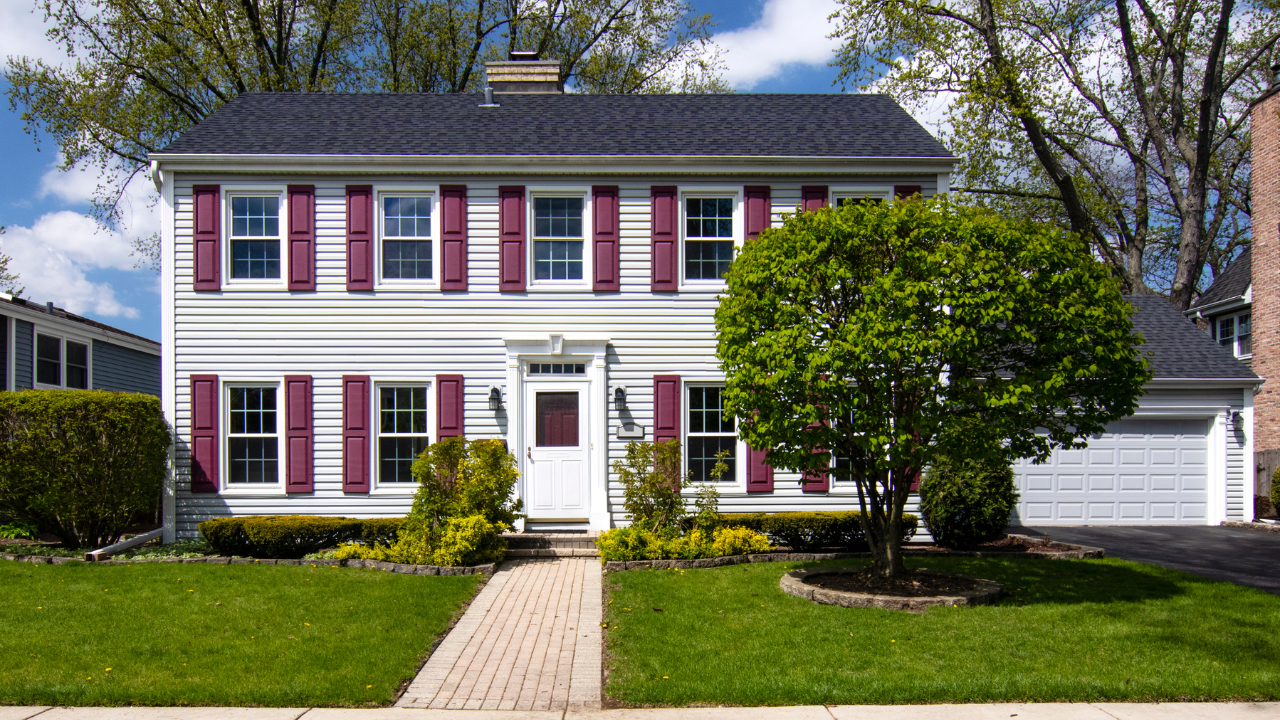
The healthcare industry is constantly evolving, and one of the most promising areas of development is the integration of deep housing data into health plans. This approach offers a myriad of benefits, from preventative care to cost optimization and improved member satisfaction.
Deep housing data refers to the wealth of information that can be gleaned from a person’s living conditions and environment. This data can reveal patterns and insights that can be used to prevent falls, prolong early death, reduce hospitalizations or readmissions, and optimize costs. For example, housing data can reveal if a person lives in an area with high pollution levels, which could lead to respiratory issues. Or it could show if a person lives in a home with many stairs, increasing their risk of falls.
Preventative care is one of the most significant benefits of integrating deep housing data into health plans. By understanding the living conditions of a person, healthcare providers can predict potential health risks and take steps to prevent them. For instance, if a person resides in a home with many stairs and they are at risk of falls, healthcare providers can recommend installing safety features like handrails or suggest physical therapy to improve balance and strength.
Deep housing data can also help optimize costs. By preventing health issues before they occur, healthcare providers can save on expensive treatments and hospital stays. Moreover, by understanding a person’s living conditions, healthcare providers can tailor their services to the individual’s needs, ensuring that resources are used efficiently.
Finally, the integration of deep housing data into health plans can significantly enhance member satisfaction. By providing personalized care that takes into account a person’s living conditions, healthcare providers can offer a more holistic and effective approach to health. This not only improves health outcomes but also increases member satisfaction.
Upside plays a crucial role in providing deep housing data to health plans. By conducting comprehensive housing consultation surveys and collecting critical housing risk data, Upside uncovers the hidden challenges that members face in their homes. This data is then delivered back to the health plan, enabling them to make informed decisions and implement targeted interventions.
There are several aspects related to housing that most people don’t think about, but can significantly impact a person’s health and wellbeing. These include:
Despite the clear benefits of deep housing data, many health plans are not currently capturing this information on their members. This is often due to a lack of awareness about the impact of housing on health, as well as the logistical challenges of collecting and analyzing this data. However, with the help of companies like Upside, health plans can overcome these challenges and harness the power of deep housing data.
There are already several examples of how deep housing data is being used to enhance health plans. For instance, the Harvard Joint Center for Housing Studies projects that the number of U.S. adults age 65 and older will grow from 48 to 79 million over the next two decades. By understanding the specific housing needs of this population, healthcare providers can develop targeted interventions to improve their health and wellbeing.
Another example is the American Society on Aging, which highlights the link between housing and health inequities among older adults. By using deep housing data, healthcare providers can identify these inequities and develop strategies to address them.
The integration of deep housing data into health plans offers a promising approach to improving healthcare. By understanding a person’s living conditions, healthcare providers can prevent health issues, optimize costs, and improve member satisfaction. As the healthcare industry continues to evolve, the use of deep housing data will undoubtedly play an increasingly important role.